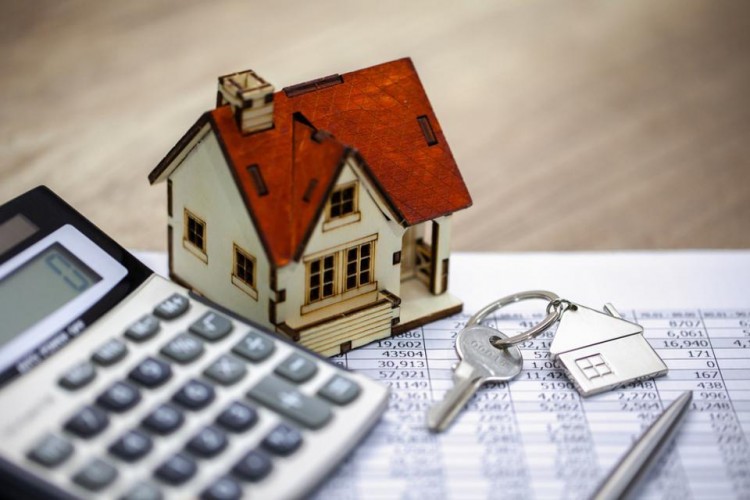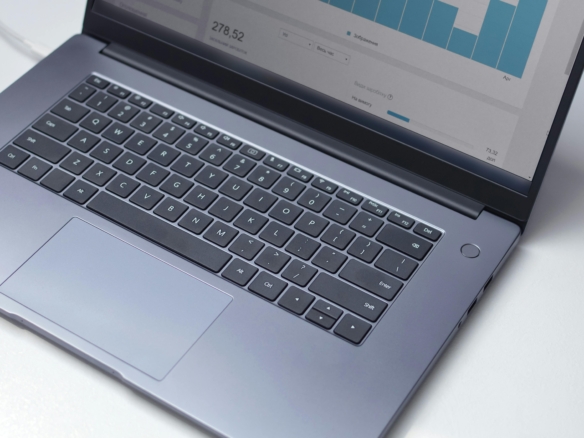Being a landlord isn’t about collecting rent payments and making an easy profit. In fact, managing a property portfolio is an entire job in itself, requiring a lot of attention to detail and business acumen. As a landlord, you’ll have to stay up to date with laws and regulations, taxes, property maintenance, tenant checks, listing properties and accounting, so taking on this role can be pretty daunting.
In particular, many landlords find the accounting and bookkeeping side of their real estate business difficult, especially if they’ve never had to deal with this before. If you’re in this position and need some extra help, then here are the best accounting tips for landlords.
Separate Your Finances
The number one tip for any self-employed business owner is to separate your personal and business finances. If you keep all of your finances in one account, you’ll make it much harder to quickly identify personal vs. business expenses. In the worst-case scenario, you could make mistakes on your tax return by miscalculating your total profit and tax liability.
Therefore, whenever you venture into the world of business, you should always open a dedicated business bank account. As a landlord and property manager, you may even want to open multiple accounts if you’re managing more than one property, as this will make it easier to track your profits on each one.
Choose an Accounting Method
Before you get started in earnest, you should choose an accounting method and stick to it. There are two main accounting methods you should consider:
Cash basis accounting – This method requires you to only record expenses and revenues once the money has actually been spent or received.
Accrual accounting – This method requires you to record revenues and expenses once they’re earned, even if the money hasn’t been transferred yet. So, for example, if a tenant is due to pay their rent but the payment hasn’t been received yet, you must still record this.
There are advantages and disadvantages to both accounting methods. Cash basis accounting may be slightly easier for those who are new to bookkeeping as you only have to track the cash itself, and this can also give you a better understanding of your present cash flow. On the other hand, accrual accounting can give you a more accurate picture of your income and expenses, which will give you a better idea of your current financial position.
Keep Your Documents Well-Organised
To keep on top of your taxes and take advantage of possible deductions, you need to have access to all of the necessary documents within your property management business. This includes financial documents like receipts, invoices, credit notes and bank statements, and also permanent records relating to your properties such as property deeds, insurance policies, gas safety certificates, energy performance certificates and tenancy agreements.
Having all of these documents in a secure, well-organised filing system will help you quickly sort out any financial issues that may arise. In addition, cloud-based storage systems can be used to store digital copies of your documents so that nothing can be lost. Overall, each receipt, credit note, contract and bank statement should be accounted for, especially as the tax deadline draws nearer.
Pay Attention to Tax Deadlines
As a landlord, you must register for Self Assessment in order to pay taxes on your income. This means you’ll have to fill in and send a Self Assessment tax return for each tax year.
The deadline for submitting your tax return online falls on the 31st of January each year, but preparing for this tax return shouldn’t be a last-minute thing. To avoid stress as the deadline approaches, you should ensure that you stay on top of your finances and record-keeping throughout the year, as this will make it easier for you to complete your final calculations accurately.
Forecast Cash Flow
In addition to helping you with your taxes, keeping accurate accounting records will also help you make financial projections for your real estate business. In particular, forecasting your cash flow is an important step that’ll guide your future decision-making.
By forecasting your cash flow, you can use your current financial information to predict how your financial situation will look in the future. Then, if you’re planning to invest in a new property or significantly renovate a current property, you can factor in these changes in cash flow projections to decide whether you would be making a good investment or not. Ultimately, if you want to make smart business decisions as a landlord, you need to learn how to forecast your cash flow.
Use Accounting Software
Calculating taxes and forecasting cash flows can sound pretty daunting to someone new to accounting. This is why you should always invest in accounting software to help you run this side of your business more easily, efficiently and accurately.
With high-quality accounting software, you can generate invoices, store receipts, make financial projections, calculate tax returns, reconcile bank statements and much more. Additionally, since these software packages are typically cloud-based, you can access your accounting information from any device, allowing you to be much more flexible with your work.
Hire an Accountant
Accounting software can go a long way toward streamlining your accounting tasks, but if you still need extra help, you might consider hiring an accountant to help you manage your accounting and bookkeeping. This is a particularly good idea if your property portfolio is expanding, as the increasing size of your business could mean that you can no longer feasibly handle everything by yourself. Hiring a freelance accountant will mean you only have to pay for accounting services as and when you need them, helping you save money.
Conclusion: How to Become Better at Accounting
Taking care of all of your accounting tasks is one of the hardest parts of managing your property portfolio, especially if you don’t have much experience with accounting and bookkeeping. If you’re struggling with this, remember to follow the helpful accounting tips listed in this article, and if you need extra help, it’s a good idea to invest in accounting software or get advice from an experienced accountant.
However, even if you decide to get help with your accounting, you should always make sure you’re fully up-to-date on your business’s financial situation. This will go a long way towards helping you achieve long-term success as a landlord.




